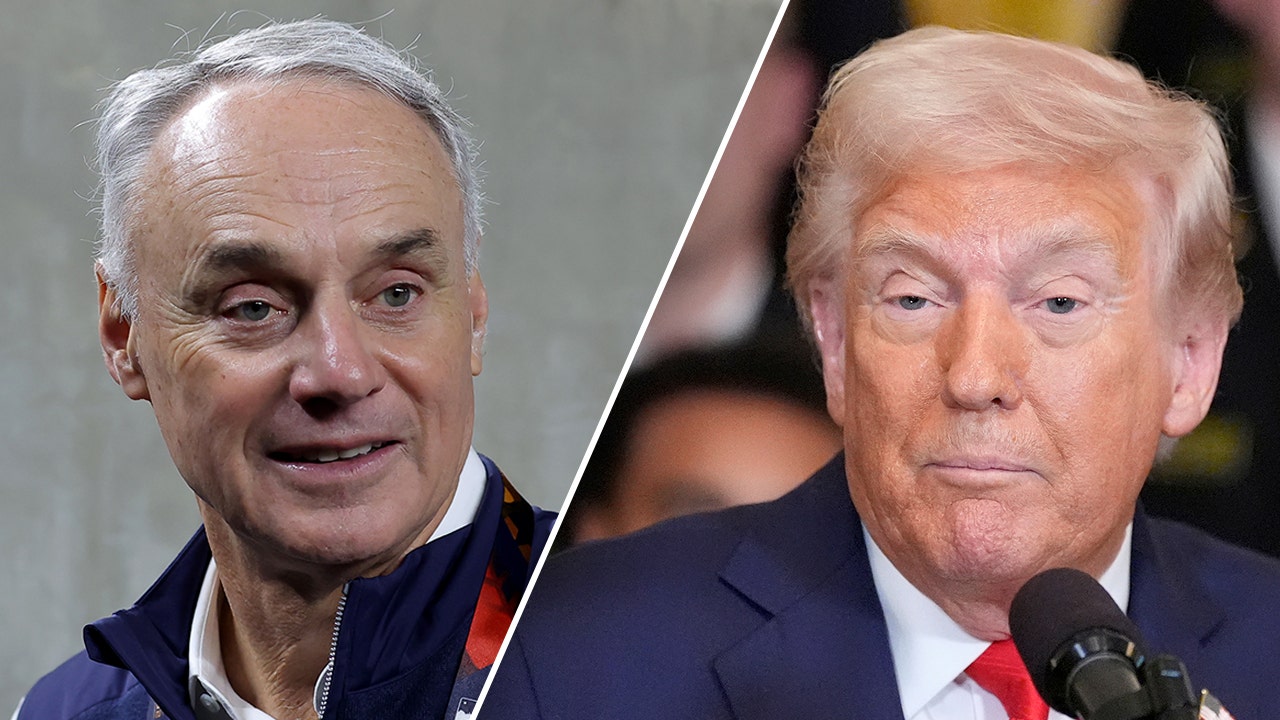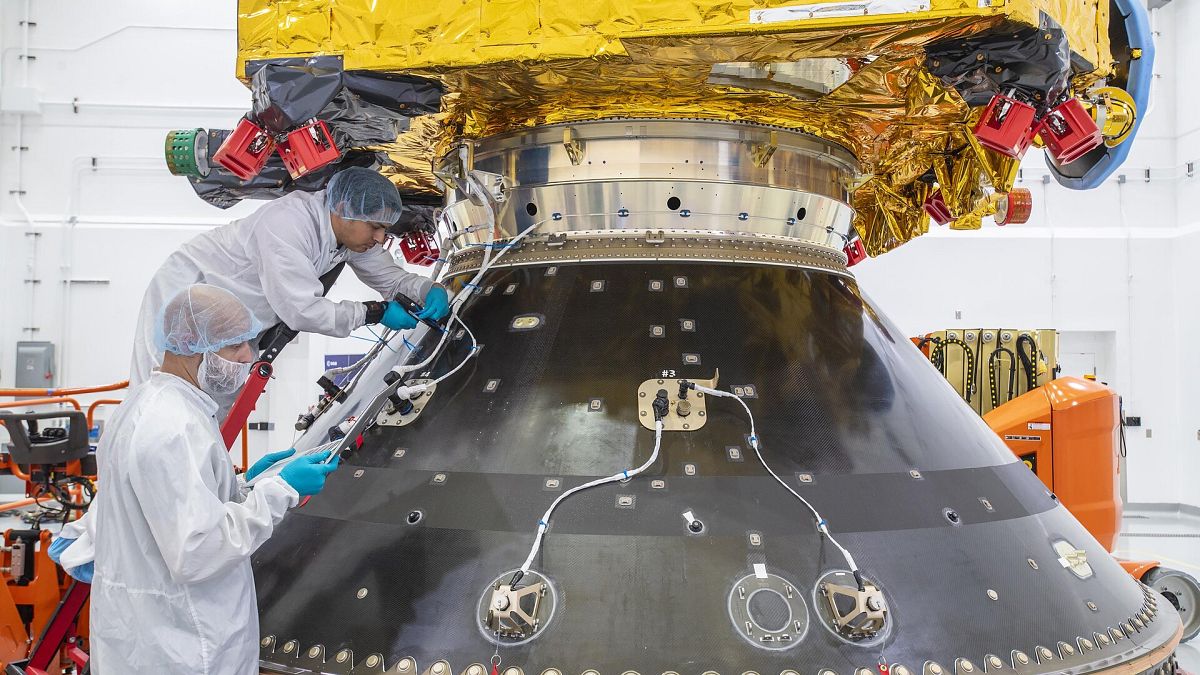Companies traditionally focused purely on defence are increasingly launching into the space sector.
Although space and defence have always been connected, the focus until recently has primarily been on civilian use rather than military space capabilities — but that is now changing.
“While many of the leading European space companies were created as offspring of defence companies or are embedded into defence corporate structures, this trend was on the decline up until the early 2020s,” according to an analysis by the Vienna-based European Space Policy Institute (ESPI).
Since mid-2022 in particular, the trend has accelerated, with a growing number of defence companies engaging in space — either by building on previous activities or by exploring it as a new strategic opportunity.
“The return of war to Europe, the emergence of antisatellite threats, and the growing militarisation of space by other powers force us to consider space as a pillar of our strategic autonomy,” MEP Christophe Grudler (France/Renew Europe) told Euronews.
Grudler, who co-chairs the European Parliament’s intergroup on Sky and Space, argued that too many member states are currently working on separate national plans, leading to fragmentation and a lack of coordination.
“We need a more European approach — and that means focusing on programmes designed, funded and governed at the EU level,” the French liberal added.
Yet Europe is only investing a mere 0.07% of its GDP — or €14 billion per year — in space activities, with a slow but noticeable shift towards tailored security and military functions, Matija Rencelj, research manager at ESPI, told Euronews.
“There is still an acute capability gap, and the investment required to turn the additional value of space into a reality is estimated at 0.15 to 0.25% of the European GDP by 2040,” Rencelj stressed.
The head of the European Space Agency (ESA), formed by 23 member states including Norway, Switzerland, and the UK, said that compared to global competitors such as China, the US, India, or Japan, Europe is currently investing very little in space for defence.
“The good thing is that Europe has the capability. We have some of the best space engineers and scientists to really work with space technologies, and we have excellent companies of world standard, so we can do it,” Josef Aschbacher told Euronews in an interview on Tuesday in Warsaw.
Currently, only 15% of Europe’s public space budgets are allocated to military space activities — well below the global average of around 50%, which continues to tilt toward defence.
Against this backdrop, several European countries — including Austria, France, Italy, Luxembourg and Sweden — have developed military strategies dedicated to the space domain. But overall, Europe is still slow to act when it comes to developing and deploying its own capabilities, according to ESPI.
Grudler believes the EU must act on several fronts: pooling resources through common European programmes, establishing a true European procurement capacity in space, and fully integrating space into a long-term industrial strategy — at the same level as semiconductors, energy or artificial intelligence.
“We don’t need to copy the United States line by line. But we do need political vision, unity, and continuity,” he said.
ESA’s chief, on the other hand, pointed to the need for a significant budget increase.
“We have an opportunity at the end of this year, the ESA Ministerial Conference, and this will be a very important moment where Europe commits to really lift investments in space in order to make sure that we catch up in international activities in space,” Aschbacher said.
During the last ESA council ministerial meeting in Paris in 2022, member states increased the agency’s budget by 17%, reaching a record €16.9 billion.
In November 2025, ESA’s ministers are expected to increase it to around €21 billion during their meeting in Bremen, Germany.
Aleksandra Galka contributed to this story.



